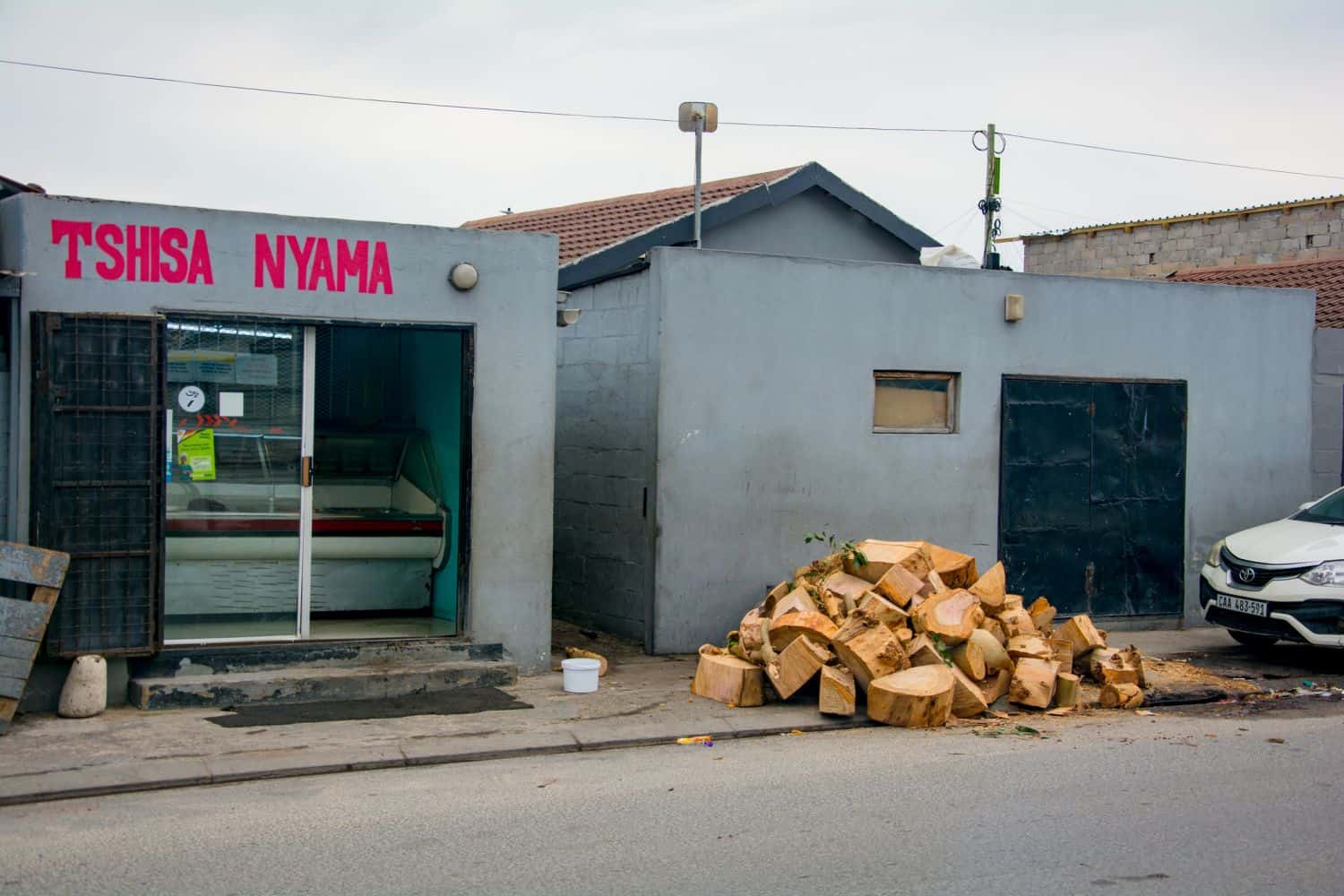It is difficult for unregistered businesses to seek help from banks or the government, because, on record, they do not exist.

Township businesses in South Africa continue to grow, yet Standard Bank recently revealed that 80% of these businesses remain unregistered. This makes it difficult for such businesses to ask for help from banks or government, because on the record, they do not exist.
Statistics South Africa (Stats SA) describes unregistered businesses as those that operate outside formal regulatory frameworks, including value-added tax registration, tax compliance and labour regulations.
“These businesses are often not incorporated to make them legal entities, a reality that excludes them from access to finance, formal markets and digital tools that could enable them to grow,” said Standard Bank.
ALSO READ: Minister agrees unemployment statistics should include work in informal sector
Township business report
Standard Bank launched its Township Informal Economy Report on Tuesday, with the aim of understanding township businesses, their demographics, financial behaviours, support needs, and growth potential.
The bank said it focused on Gauteng, KwaZulu-Natal, Western Cape, Limpopo, and North West because of their high concentration of established and emerging township-based economic activity, the diversity of informal business models they represent and strategic relevance in South Africa’s domestic trade landscape.
The study focused on businesses with an annual turnover between R100 000 and R50 million. This range captures a wide spectrum of micro, small, and medium enterprises (MSMEs), many of which operate informally but contribute meaningfully to local economies.
Township business sectors
Township businesses span a wide range of sectors, from retail and food services to creative industries and logistics.
“The informal economy is experiencing fragmented growth, with an increasing number of players entering the space,” read the report. However, it warned that because the businesses are not registered, it will be difficult for banks to offer financing, as there is no record of how the business performs.
The report found that out of all the businesses that were surveyed, less than 9% have access to bank loans, with most relying on personal savings or family support.
Most businesses operate at home
The report revealed that most township businesses operate from homes or garages, with only 11% in commercial premises. More men were found to own businesses in townships compared to women. Women cited that they opt to own a business because of being unemployed.
The report highlighted that township businesses often face daily financial struggles, with poor financial planning emerging as a significant challenge.
“Many entrepreneurs report inconsistent monthly income, making it difficult to plan ahead or save. A substantial portion of their earnings is consumed by rent and stock purchases, leaving little room for savings or reinvestment.”
NOW READ: Can SA’s township economy afford strict formalisation?






